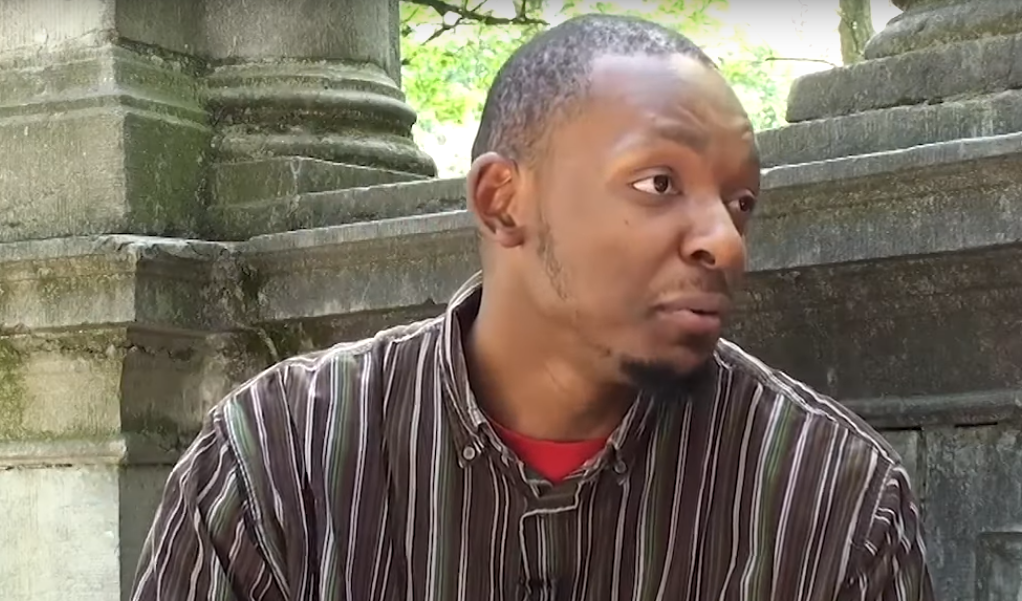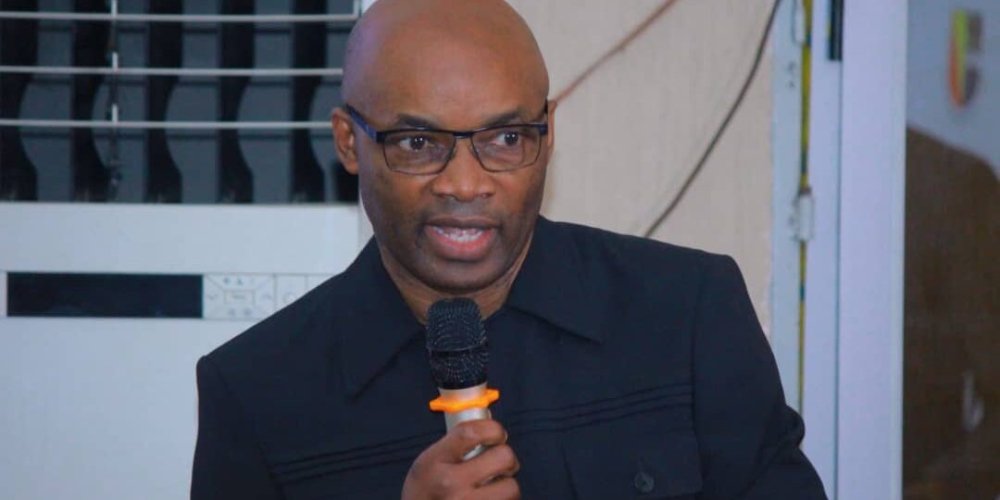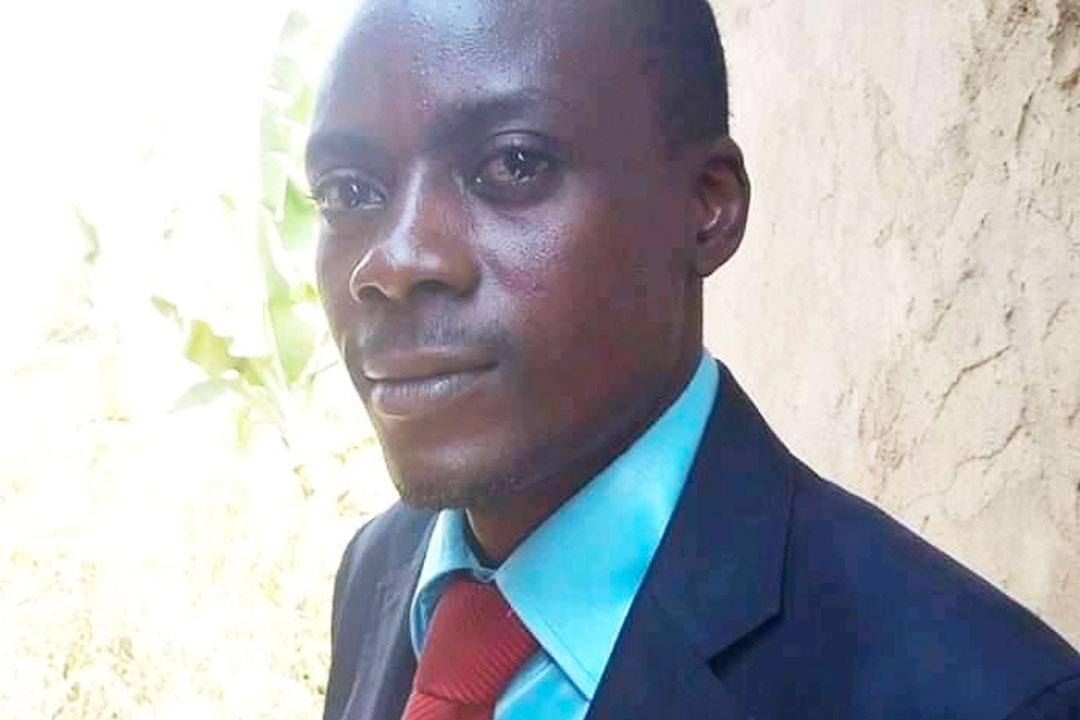Gilbert Nshimiyimana was born in 1985 in Rwanda. From April 6, 1994, fightings between the Rwandan Armed Forces (RAF) and the Rwandan Patriotic Army (RPA) took place in the Remera district where he resided. He fled with his family and went into exile in former Zaire, now known as the Democratic Republic of Congo (DRC). In 1996, at the beginning of the first Congo war, they returned to their native country believing that Rwanda had become peaceful. Instead, they faced a climate of insecurity for several months, until the sad evening of 21 January 1997, when his family, 13 people including a baby, was slaughtered.Three of them survived: his uncle Patrick Horanimpundu[1], his sister and himself.
Since childhood, Gilbert Nshimiyimana remembers living in harmony with his peers.”We played with all the children in the neighbourhood without distinction, we didn’t care that one came from a particular prefecture or another from another country, especially since Rwanda was not only populated by Rwandans, there were also foreign nationals who lived there“. On April 6, 1994, when the Falcon 50 plane that carried Rwandan and Burundian presidents Juvénal Habyarimana and Cyprien Ntaryamira was shot down, Gilbert and his family were at home. From that day on to the following days, they were surrounded by sounds of intensive fire. They remained cloistered inside their home. One day they tried to leave and went to the terrace of the house. A bomb was immediately dropped on their house. “We saw a large piece of metal fall on the roof. We saw a certain object crash in front of us, we couldn’t identify it. Then we picked it up and asked around, we were told it was a bomb blast. We didn’t know what a bomb or bullet could look like, we only saw that it was an object with a certain length”. Two weeks after this attack, his family left Kigali through the road to Kanombe airport and they followed other displaced persons to the DRC. After leaving their neighbourhood, the people they met were surprised to see them alive. “They were told that the RPF had arrived in our neighbourhood and started shooting people they found at home, without asking who they were. And then we realized that were lucky to have been able to leave the neighbourhood without any of us being hurt”, Gilbert says.
The first Congo war began in November 1996.Elements of the Alliance of Democratic Forces for the Liberation of Zaire (AFDL), assisted by elements of the RPA, destroyed Rwandan refugee camps as they were advancing The refugee camp in which Gilbert’s family was living, was also destroyed. His family decided to stop living in exile and instead go back to their native country, believing that peace would return in Rwanda: “When they destroyed the refugee camps, we returned to Rwanda. We thought that if the refugee camps were destroyed, the war would also happen in Zaire, we thought that we would not spend our lives fleeing to countries we did not know. Moreover, we thought that peace had returned to Rwanda, it was an opportunity to return to our native country”. They walked for several days but were, happy to return home.They passed many barricades held by RPA soldiers without difficulty,until they reached the last barricade that was located in their native commune Satinsyi in Gisenyi. At this barricade in Kabaya, RPA soldiers assigned a soldier to accompany them home. Gilbert’s family did not understand the need for a soldier to accompany them, since Rwanda had become a country at peace. The soldiers insisted by telling them that “they had to assign a person to accompany us home, ensure our safety and see where we were going to live“, Gilbert said.
When they arrived home, their neighbours seemed afraid to see them come back: “People who knew us or our family, looked at us and would lament” Are you also coming home? We thought you were dead! Why are you coming back here when everyone thought you were dead? “. The soldier who accompanied them, after seeing that people had recognized them, began to ask questions that Gilbert thought were more about who they were and not related to their security. The soldier e then took leave immediately without accompanying them to their house. Later on, Gilbert’s family went to register at the commune and the Rwandan authorities came to know that his father was a former RAF soldier. A few days later his family began to be harassed by RPA soldiers: “Not a week went by without RPA soldiers coming to our house every day to see if my father was alright, and safe“. Gilbert points out these daily visits on multiple occasions: “The people of the village started telling us that it was not good for the soldiers to come every day, we told them that it was not us who asked them to come, that they came on their own”.
One day, the soldiers took his father to an unknown place: “Time passed, our father did not returned. Since the day they took him away, a month passed without him coming back and during that time we were subjected to daily visits”. When he returned, their father informed them that he had been taken to military camps to be interrogated on military and political issues. Gilbert continues to speak about how the visits ended up taking a different turn. Strangers who claimed to be investigators joined the RPA soldiers during the visits, and sometimes his father would be arrested in the middle of a church service.
One day Gilbert’s father came back from an arrest and informed his family that he was worried about their future. When they did not seem to understand he said lately the people who were questioning him had been asking many questions and telling him that he should cooperate, or otherwise the consequences on his family would be his responsibility. Sometime later, on January 21, 1997, Gilbert’s family was having an ordinary evening when they heard someone breaking into the fence of their house without knocking on the door. Gilbert and his uncle were in the courtyard when they saw a person jump over the fence. “He was a man in military uniform and with a gun. We immediately entered the house. We thought it was abnormal that a person forces the entrance, enters without warning,jumps off the top of the gate and does not greet,”. Their house was lit by a dim light, an Itadowa (a small oil lantern used in villages in Rwanda), and Gilbert and his uncle hid in a very dark room. Gilbert hid under the bed and his uncle in a corner. From their hiding place they witnessed the events that followed: “My parents were in the living room; my father was seatedeating, and my mother was lying on the couch. When the men entered, they were the first people they saw. What I remember is my mother greeting them and asking them what she could welcome them with, if they wanted something to drink, since they were visiting them late in the evening. No one answered and all of a sudden we heard “pa pa pa pa pa pa“, sounds of intensive fire. My uncle and I, still in hiding, we didn’t talk to each other, the sound of the shots made us paralysed, we didn’t know what was going on“. On that evening, the soldiers shot every person who was inside the house. A baby started crying and “They went to the rooms to get the crying baby, they followed his cries to find him and when they saw him, they shot the baby“, Gilbert recalls.
Two hours after the shooting stopped and the soldiers left, Gilbert and his uncle came out of their hiding place. “After 2 hours of silence we decided to walk around the house, but it was dark. We guided ourselves by palpating the walls, we called out different people loudly to see if they would respond, but there was no answer. My uncle and I arrived at the exit door of the house. Although there was no light, we tried to see through the darkness and we saw dead bodies. We could only conclude that they had been killed. We went back to our hiding place and said to ourselves that we would wait for the people of the village to come to our rescue. “We asked Gilbert how many of his family members he lost that night: “A total of 13 people were killed that night. I want to add that, even though I did not witness it directly, that night members of another family were to be killed under the same circumstances as my family, just after us. I’m not going to say who they are, but off the record, we were family friends . Later on, Gilbert, his sister and uncle could not find peace because the daily visits by soldiers did not stop. They were be forced to leave their uncle, who had taken care of them after their parents’ death, so as not to put their uncle’s family in danger. “The threats directed to us were such that we tried to flee by any means necessary”.
Gilbert now wants Rwanda to return to a state of true peace: “My wish is for our country to be at peace. Even if the war is over, as far as I am concerned the country is not at peace“, he says. He further explains his conception of peace and reconciliation: “It is not normal to put a person in prison because he said something that is not in line with the narrative of those in power. For me, this is not a sign of a peaceful country. My wish is that people reconcile and live together as they did before the war, that the people who killed other people be prosecuted with impartial justice, without saying that some killed and the others came to liberate. No! If a person has killed someone, he must be prosecuted. It will be a sign of hope because people will understand that those who killed are being prosecuted, and people will be able to reconcile and live together. ».
Gilbert hopes that his story will inspire other Rwandan victims to come out of their silence and testify: “For me it is a kind of therapy because it allows me to tell my truth and my pain. So that those who don’t know it, can know my story. Maybe this can encourage another person to come and tell his or her painful story like everyone else.”
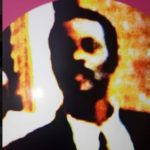
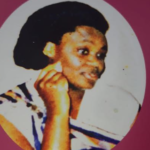
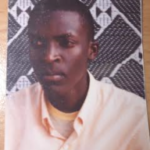
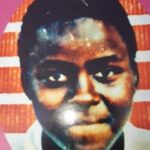
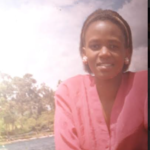
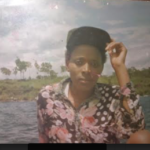
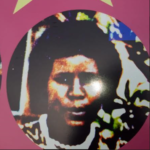
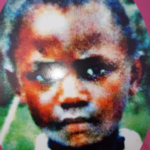
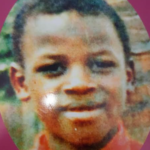
and IYAKAREMYE, a 6 months baby.
The full testimony
https://www.youtube.com/watch?v=-w1FFW3i6eA
[1] Patrick Horanimpundu survived the ethnic cleansing perpetrated in his commune of Gaseke between 1995 and 1998. http://www.jambonews.net/actualites/20180427-rwanda-nous-gardons-espoir-notre-souffrance-sera-reconnue-un-jour-2/

